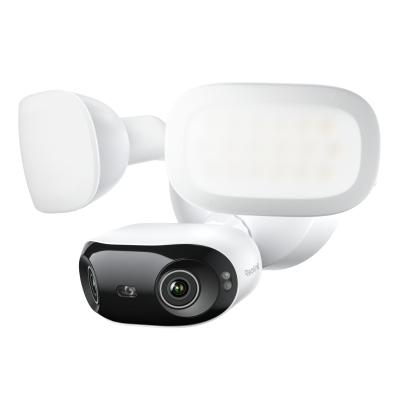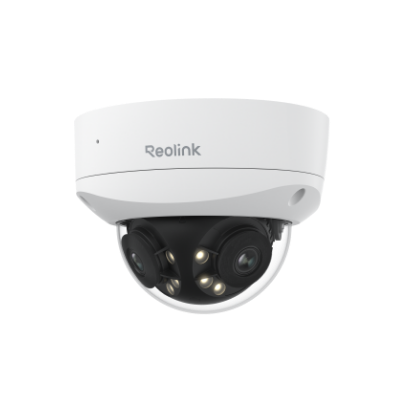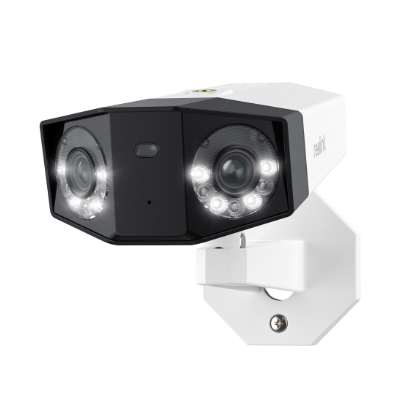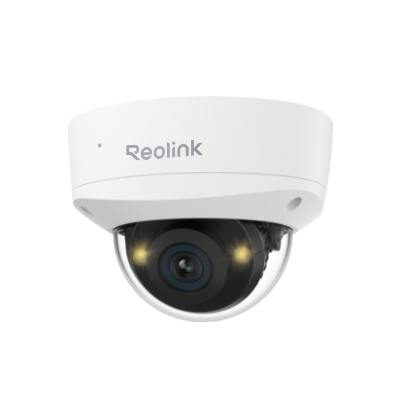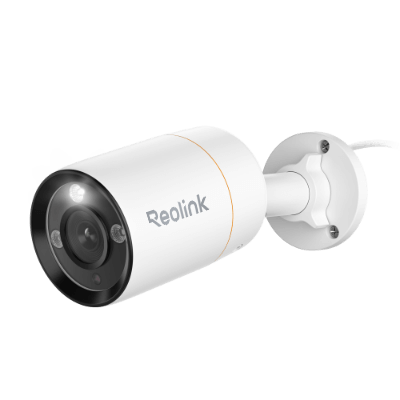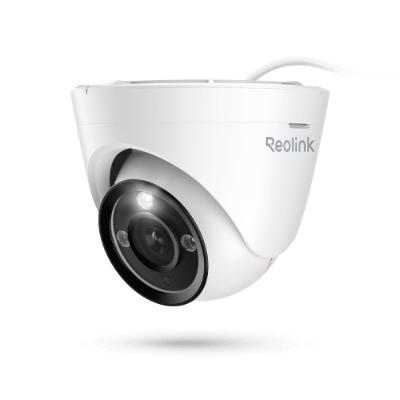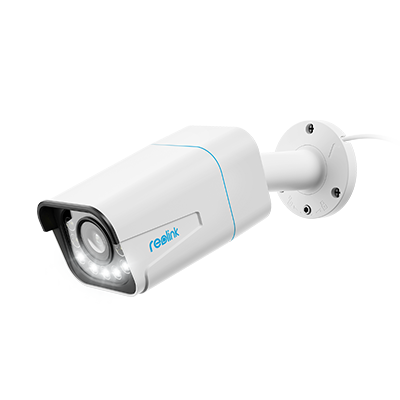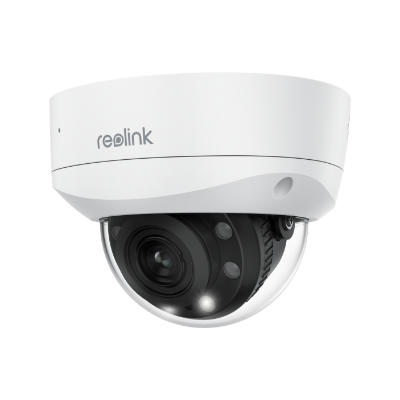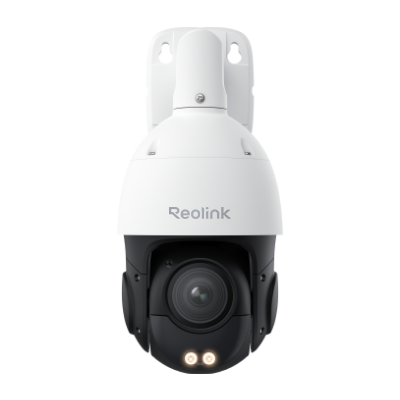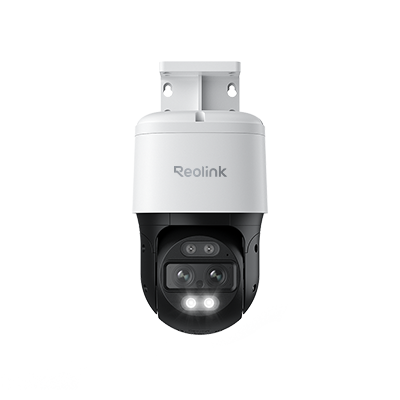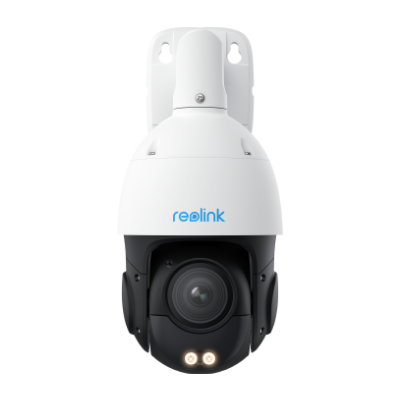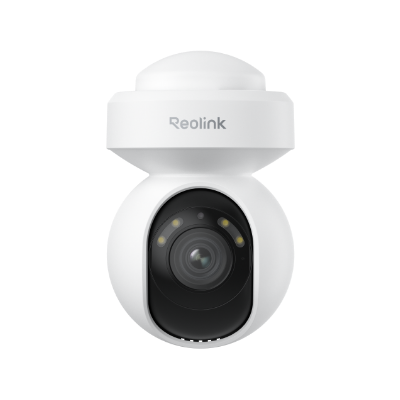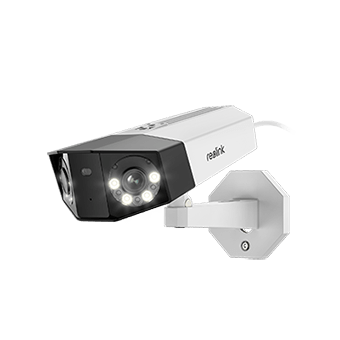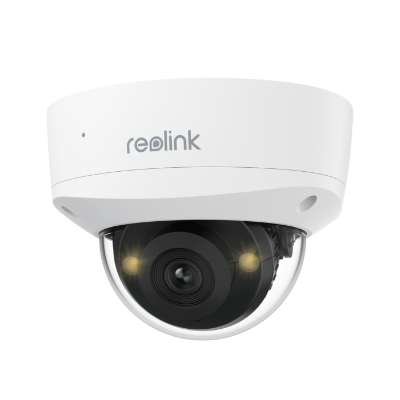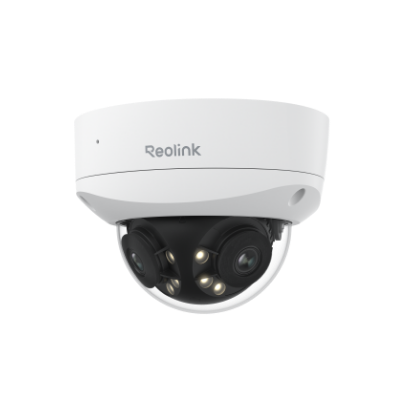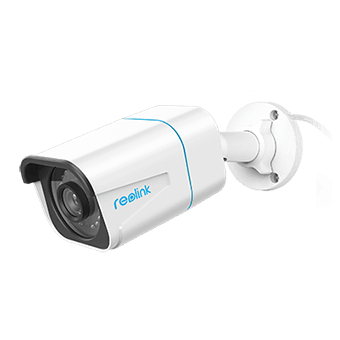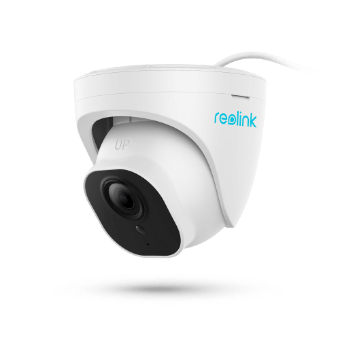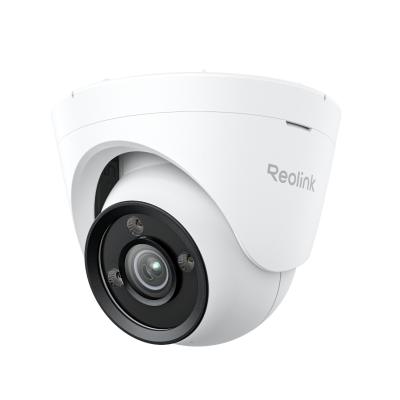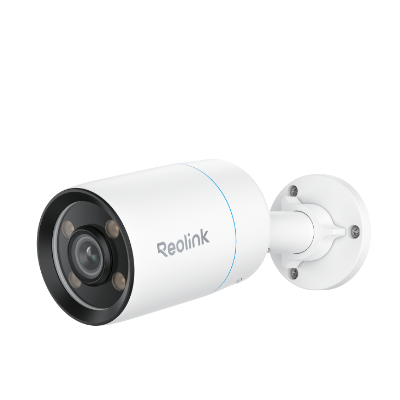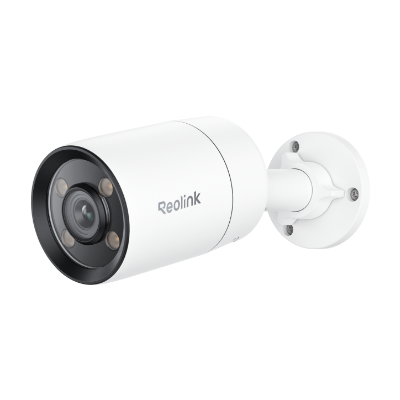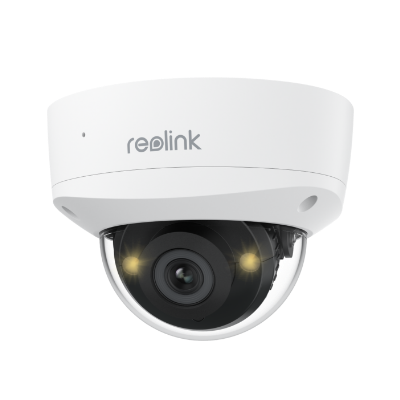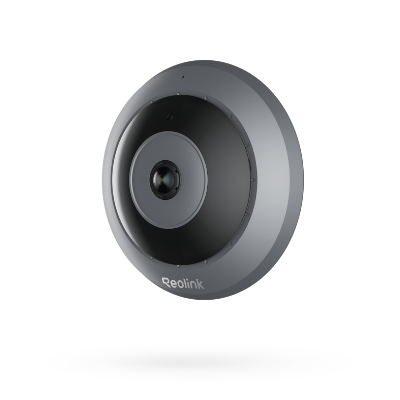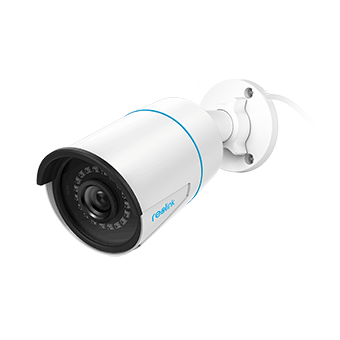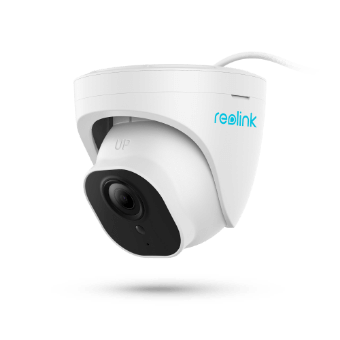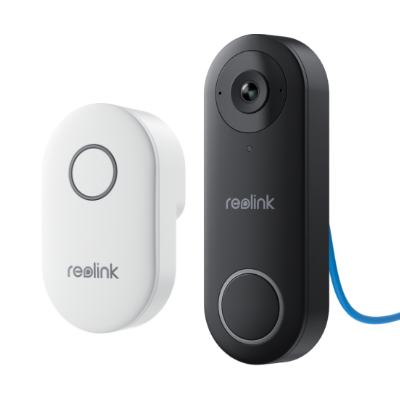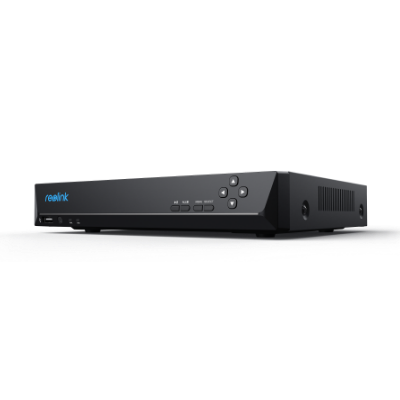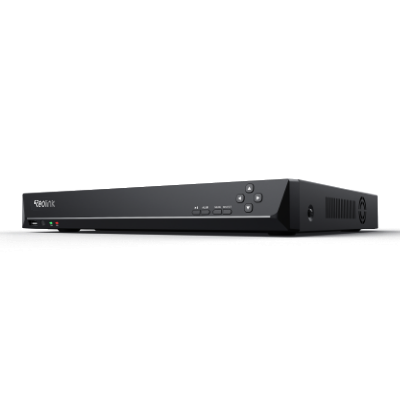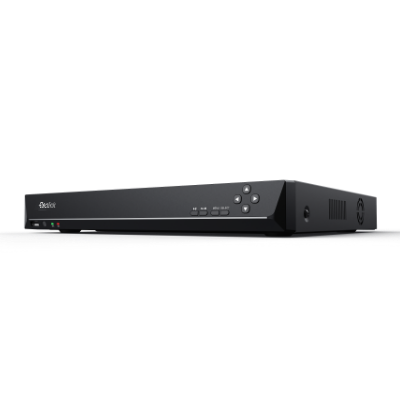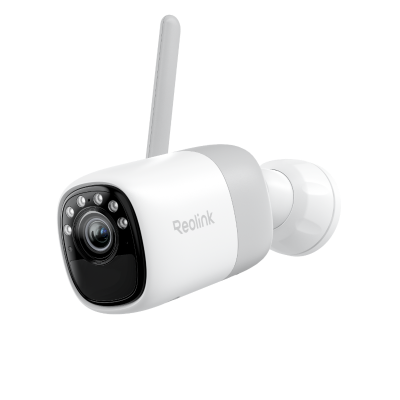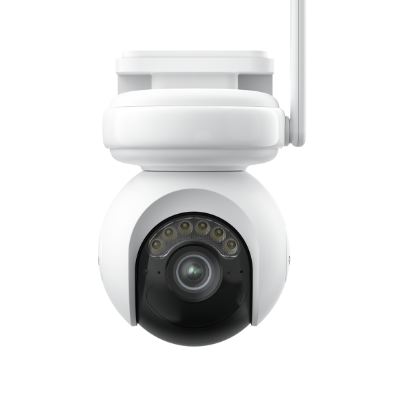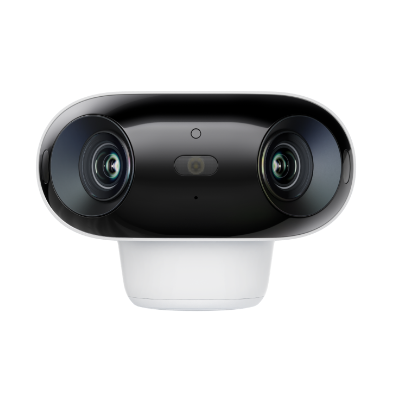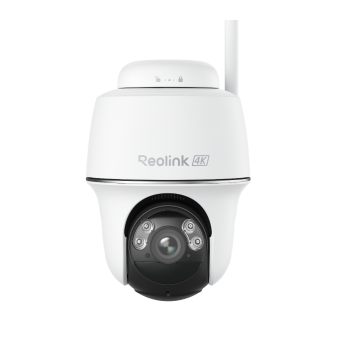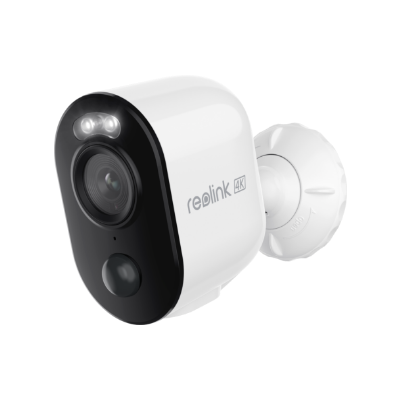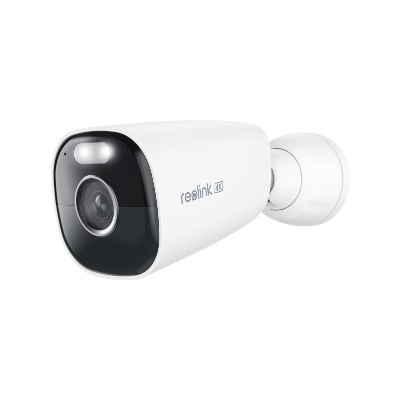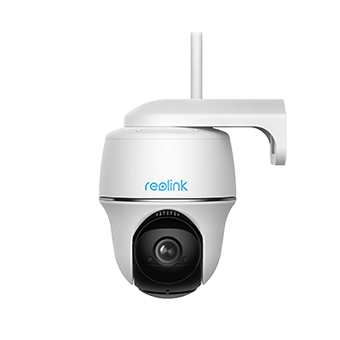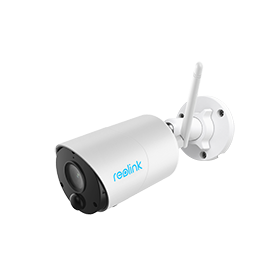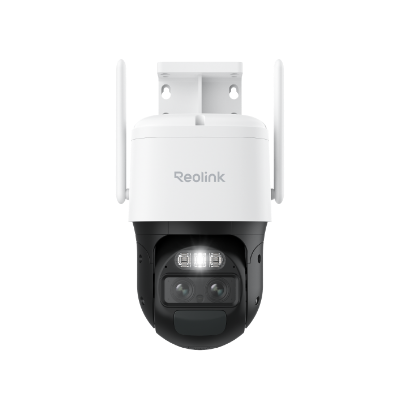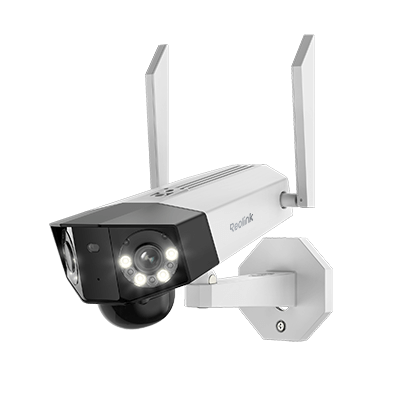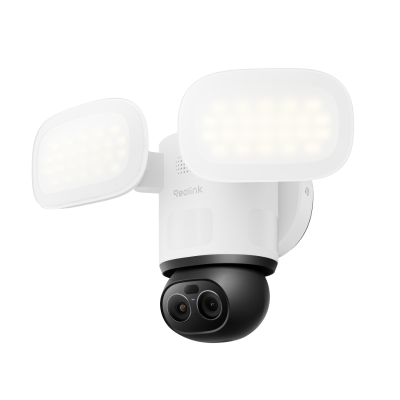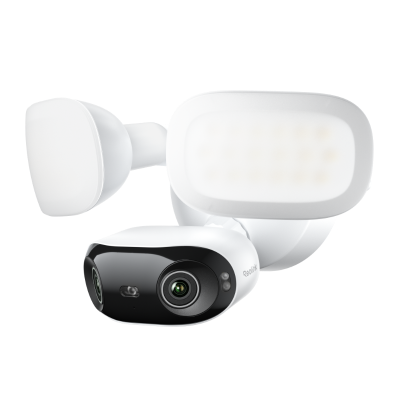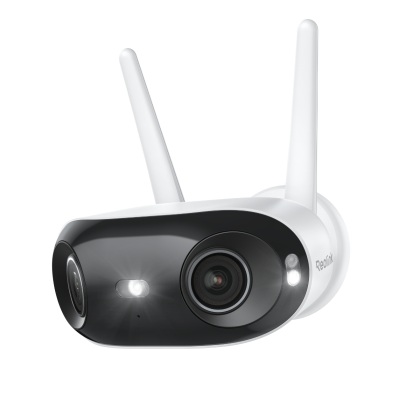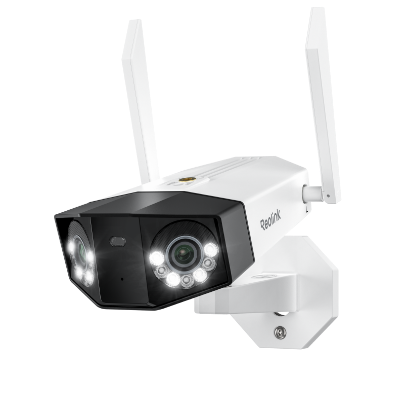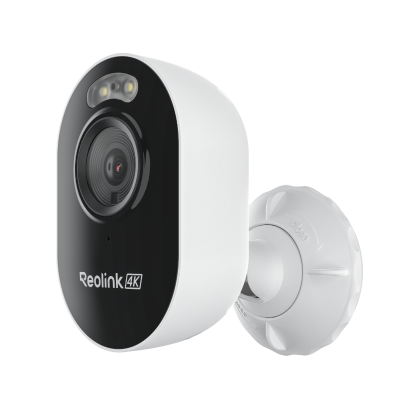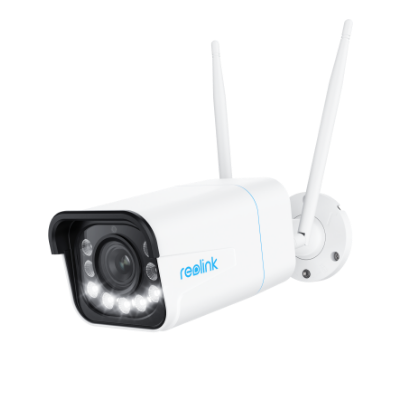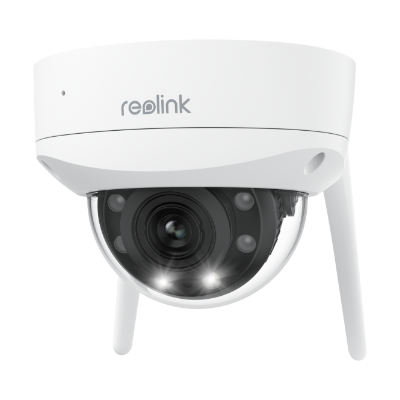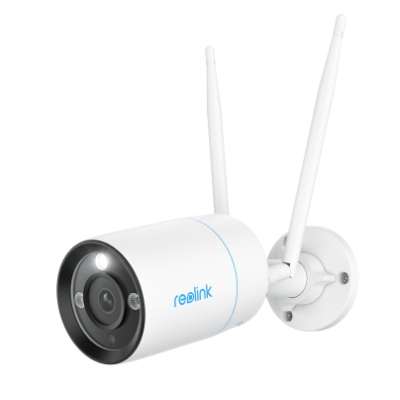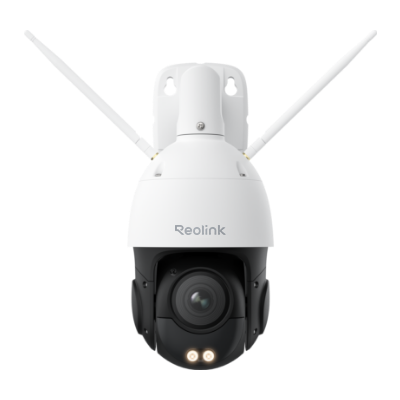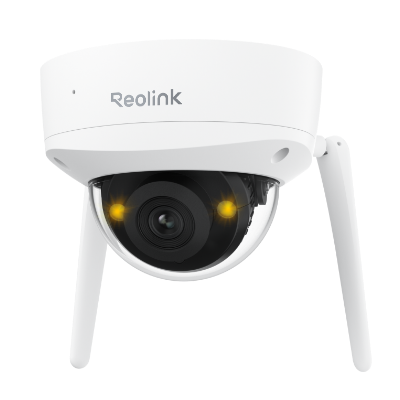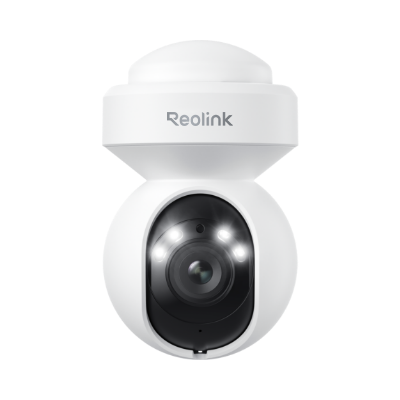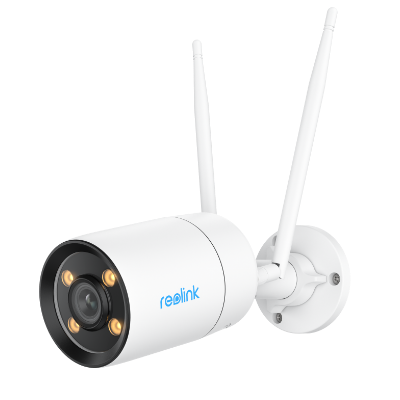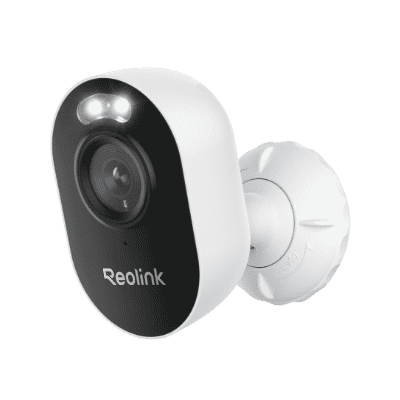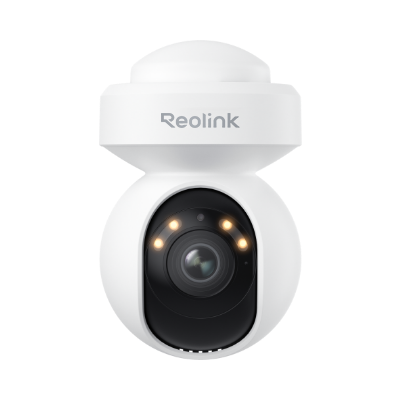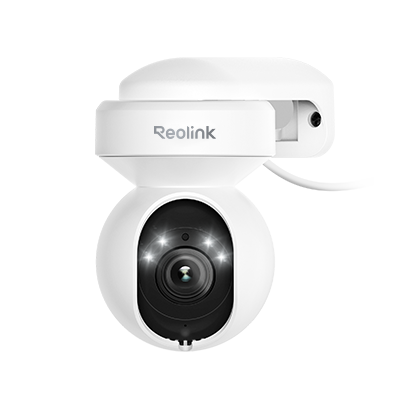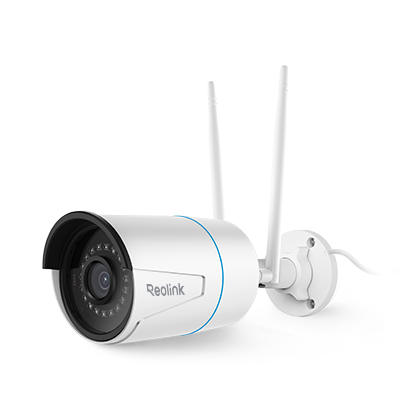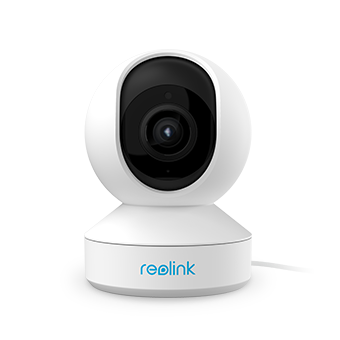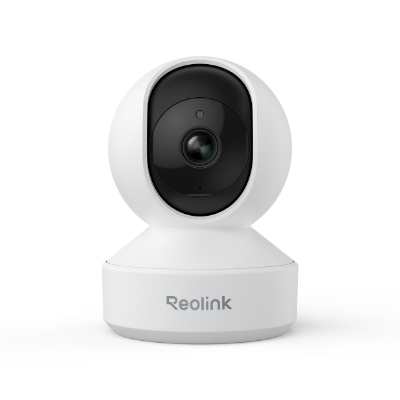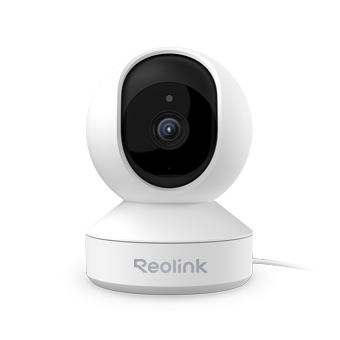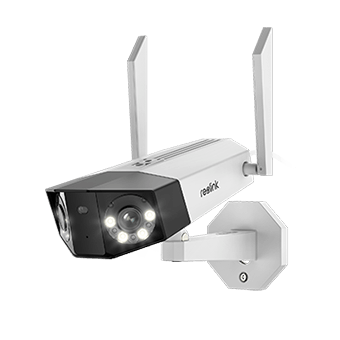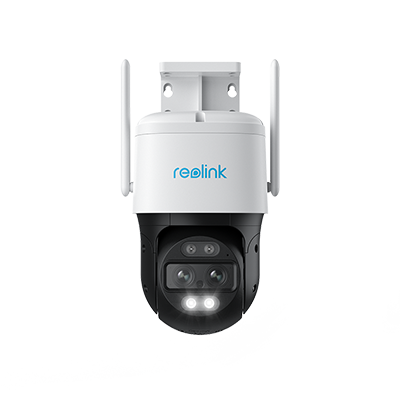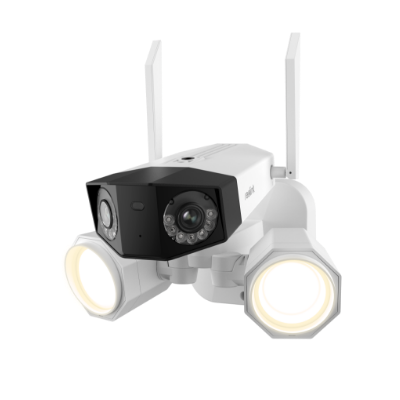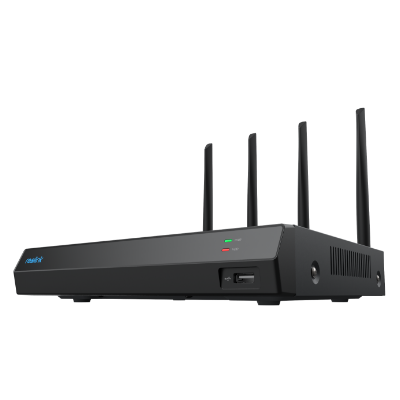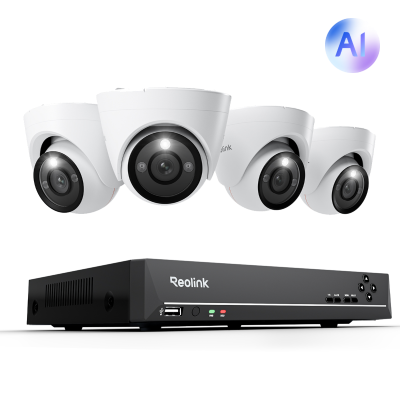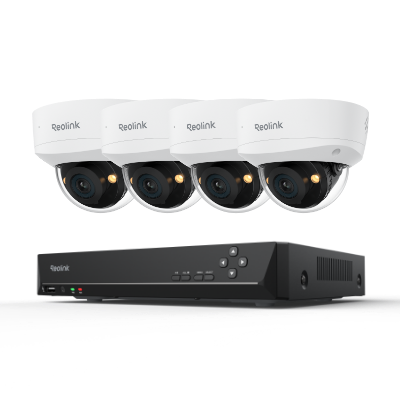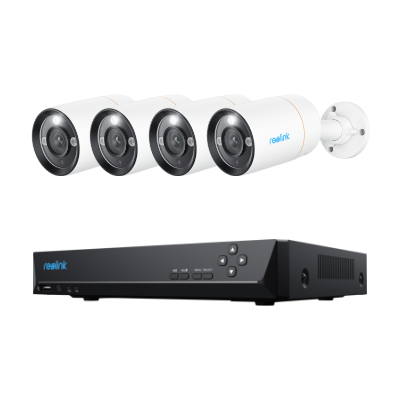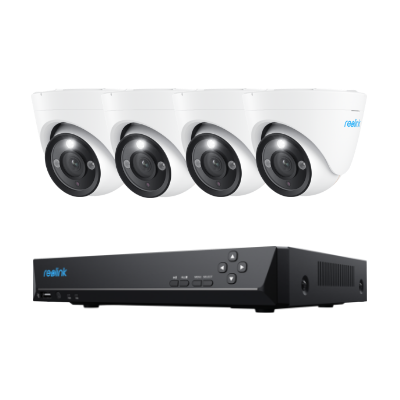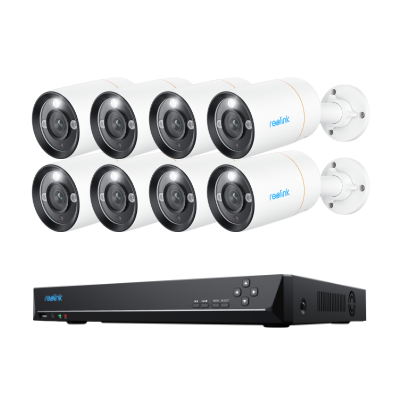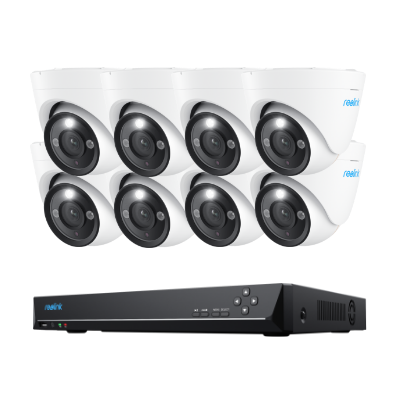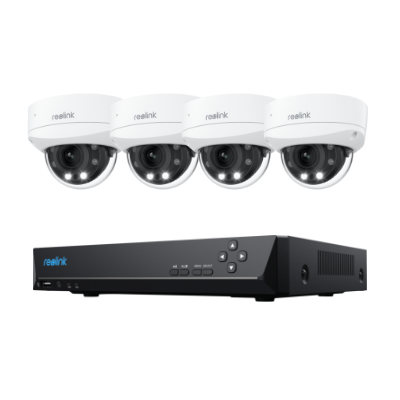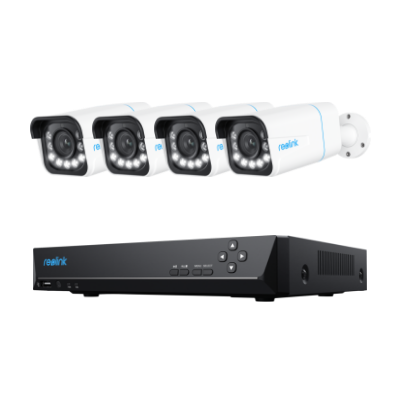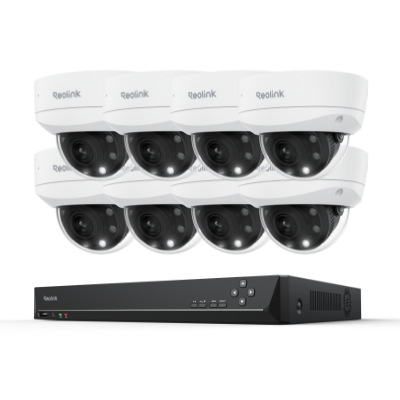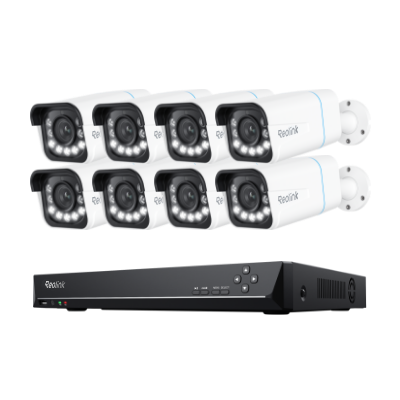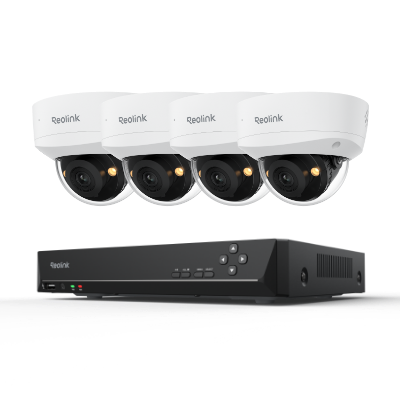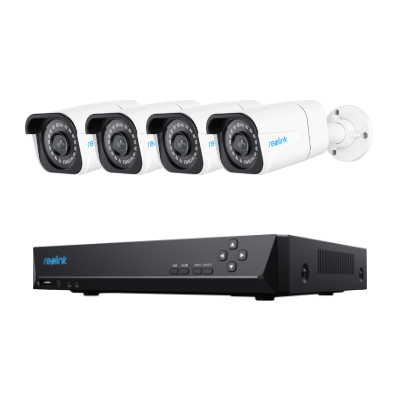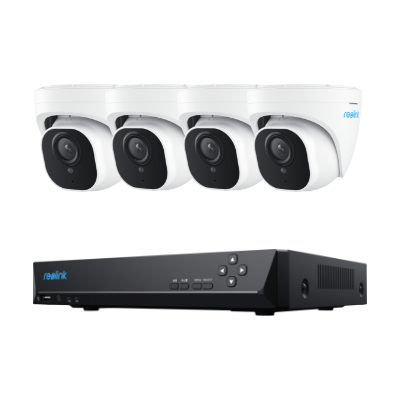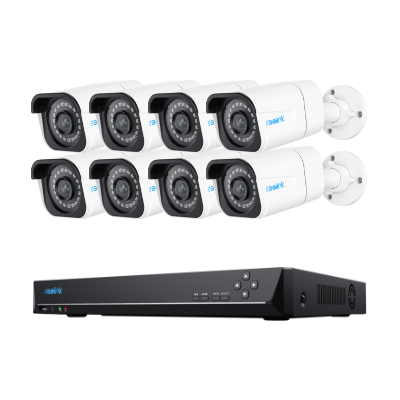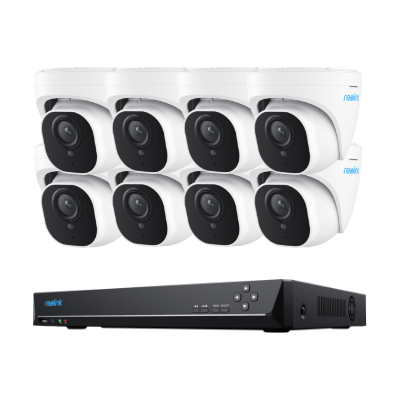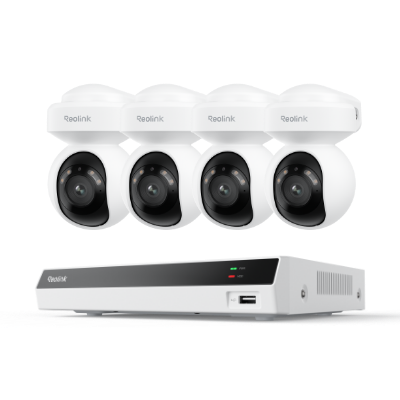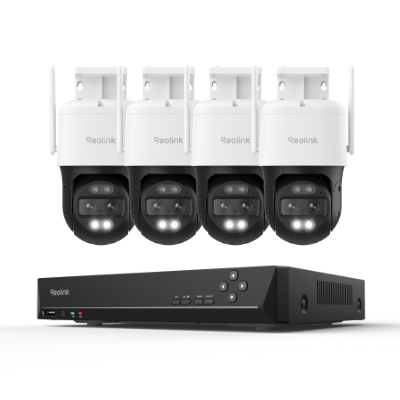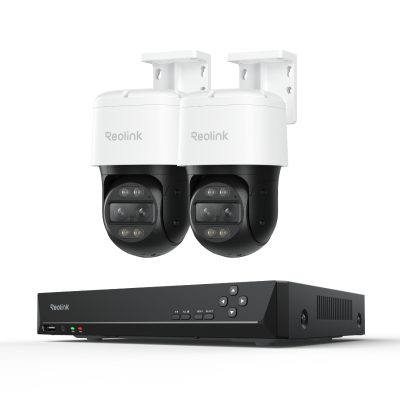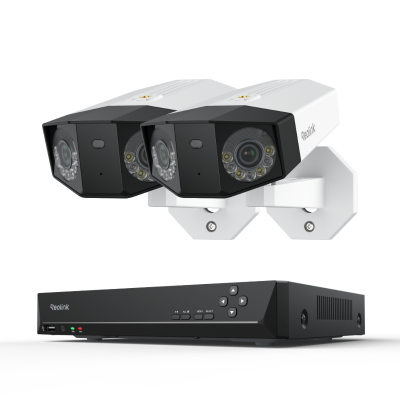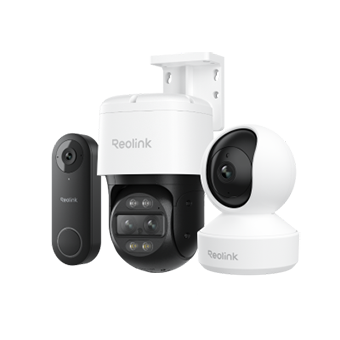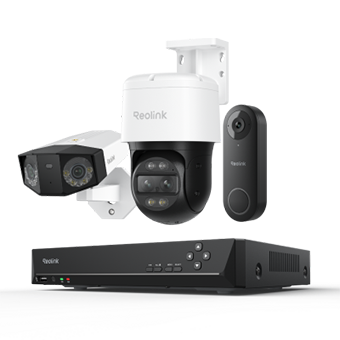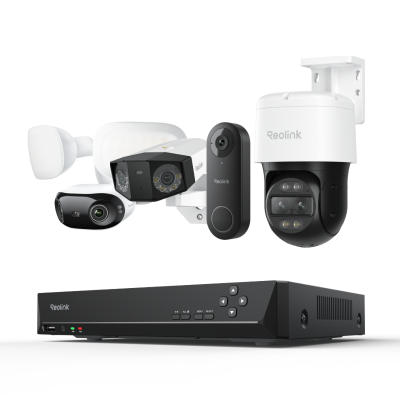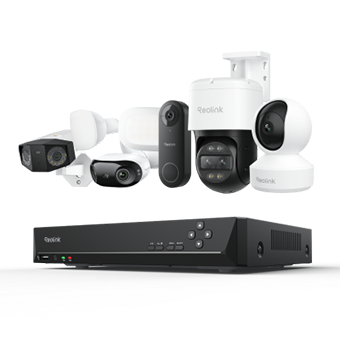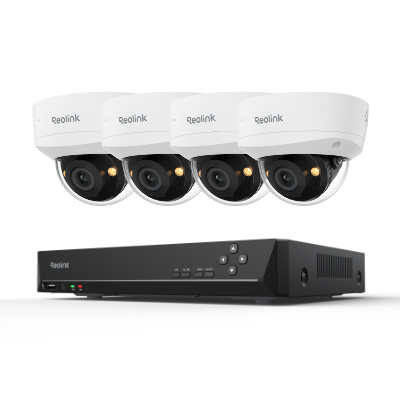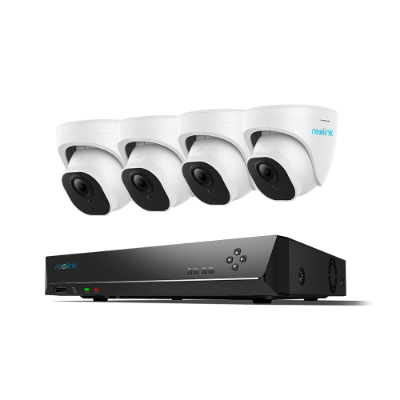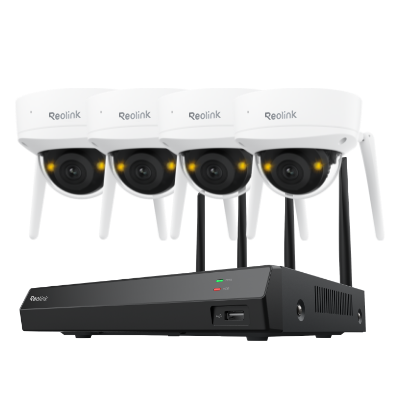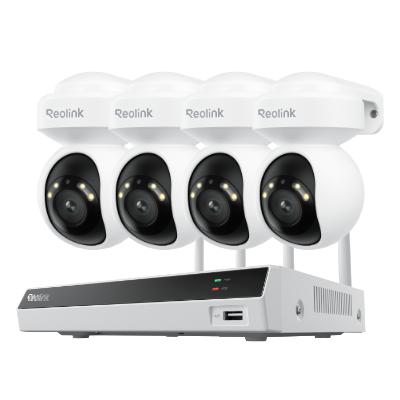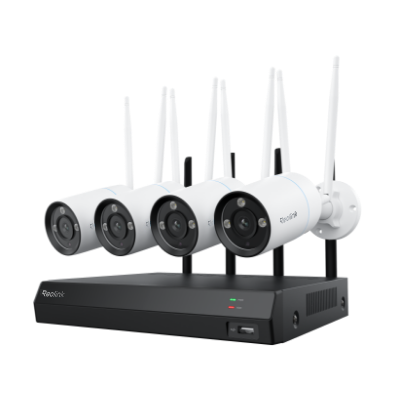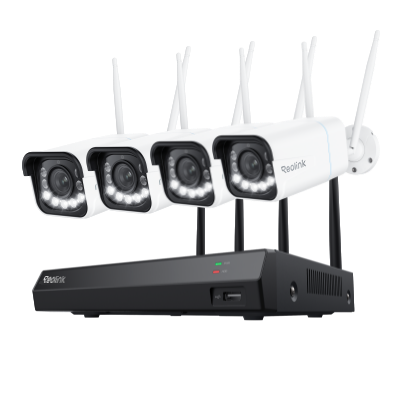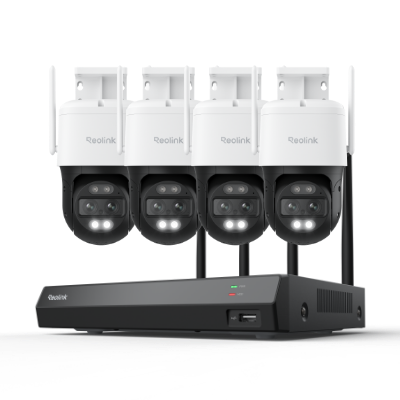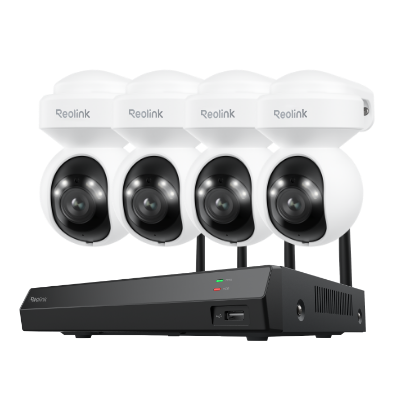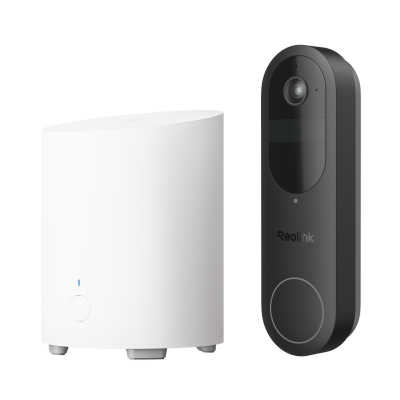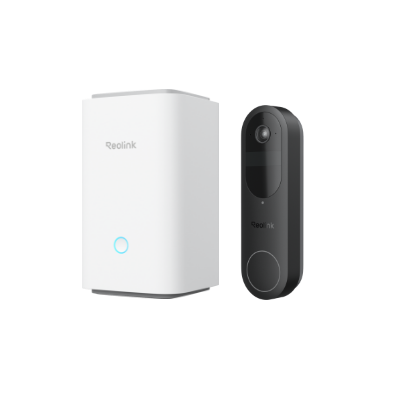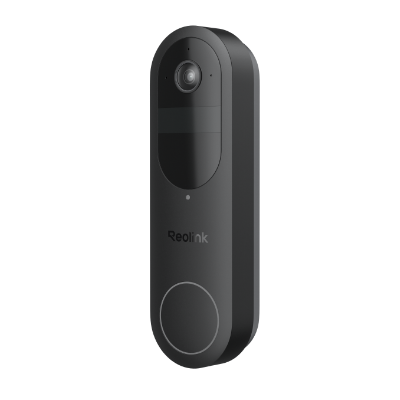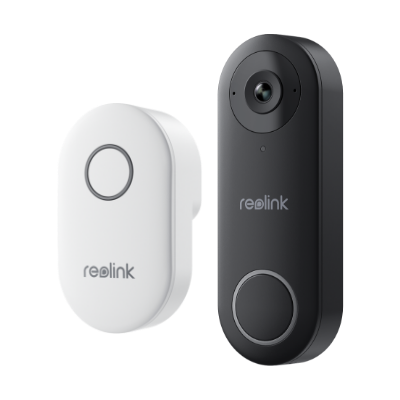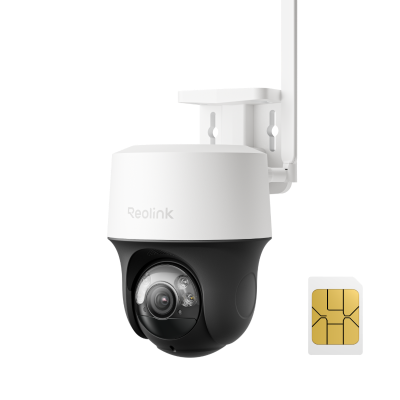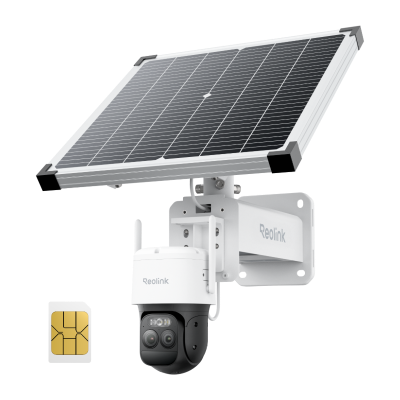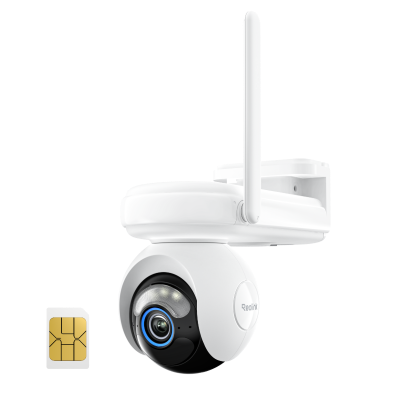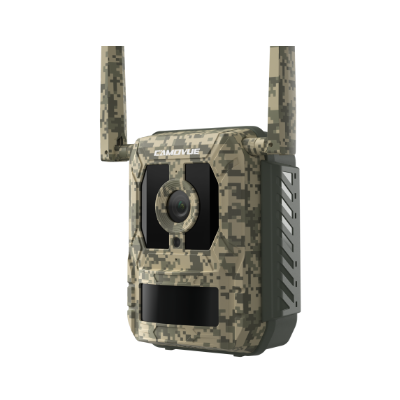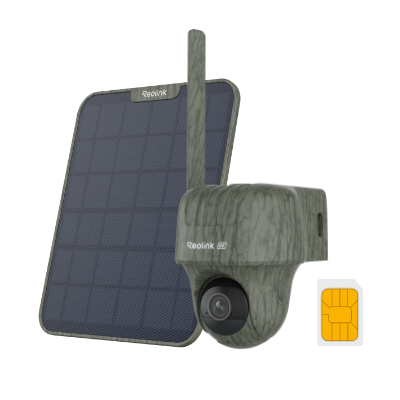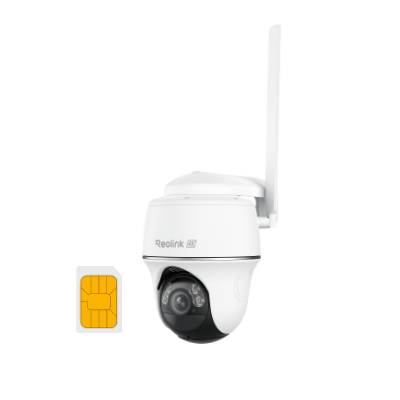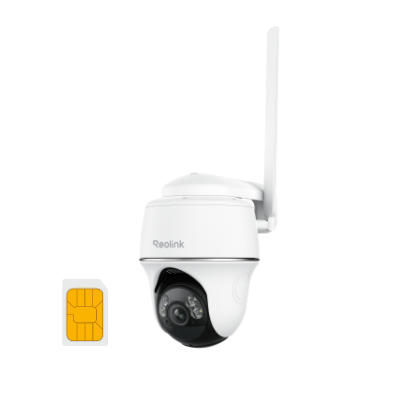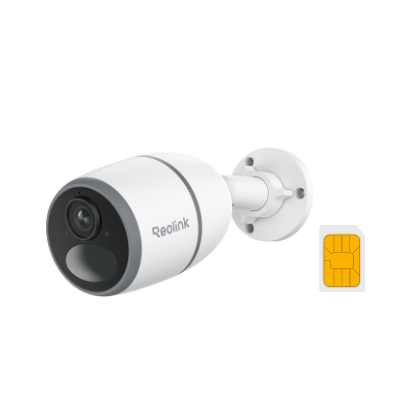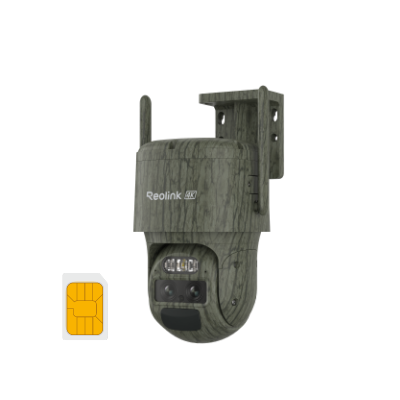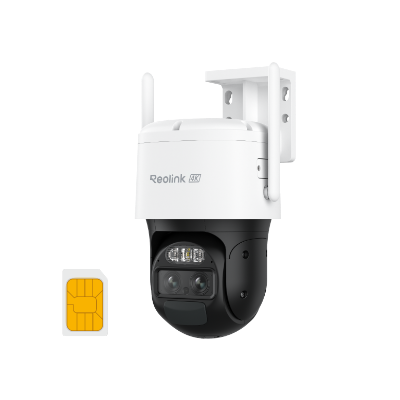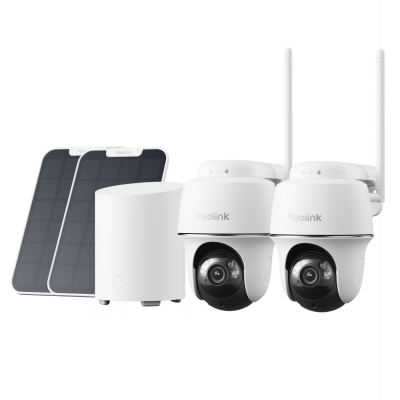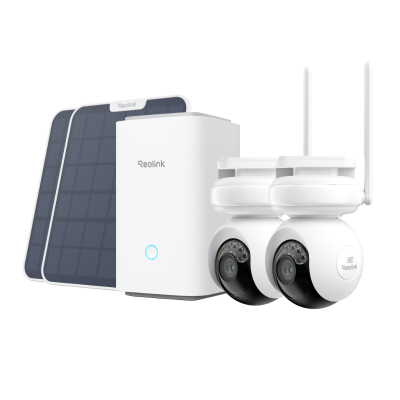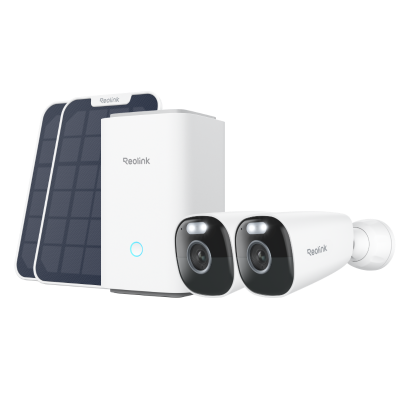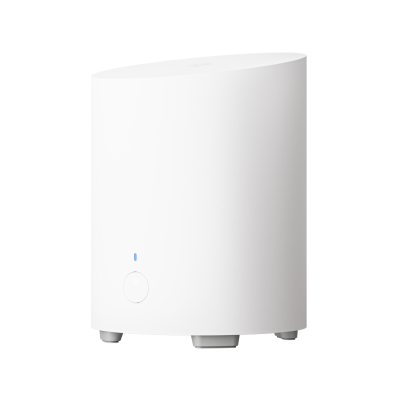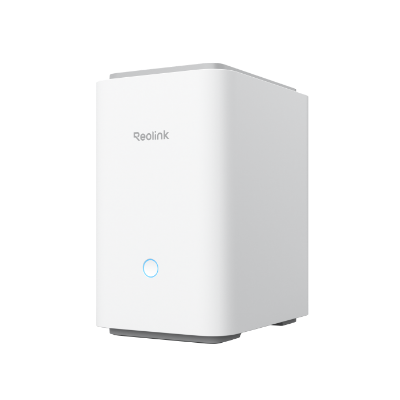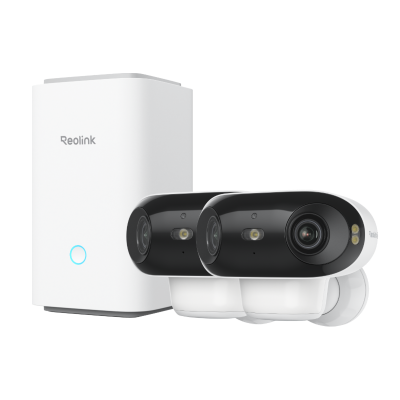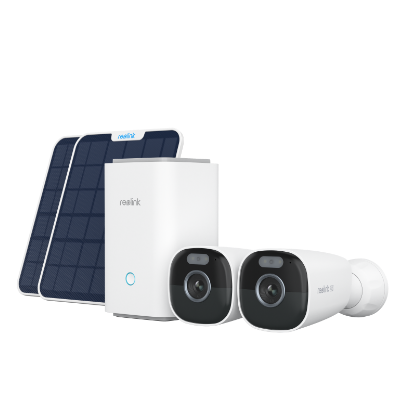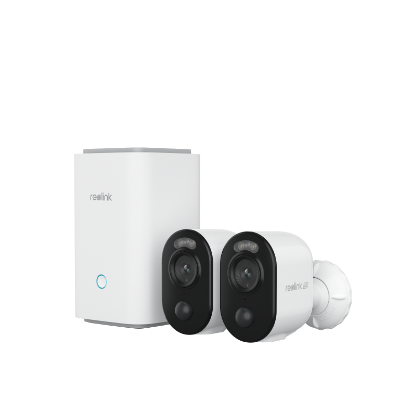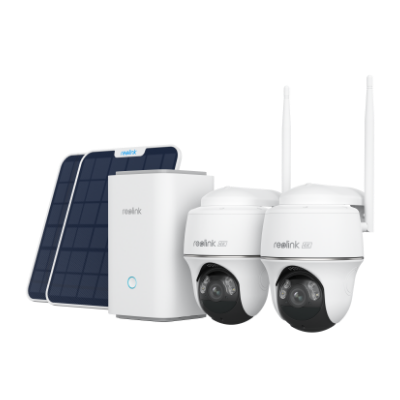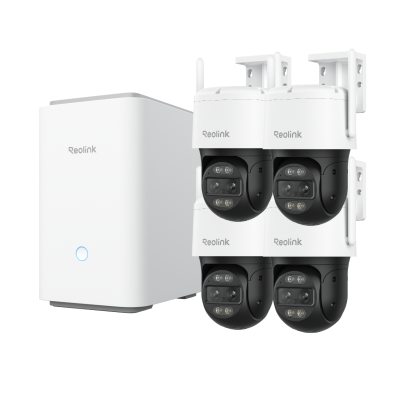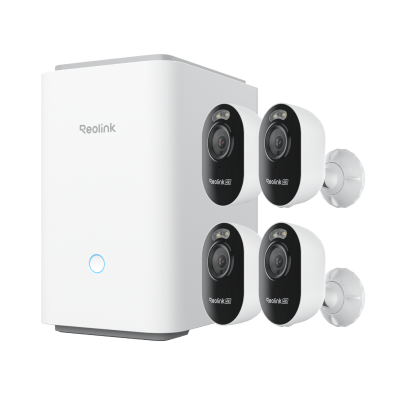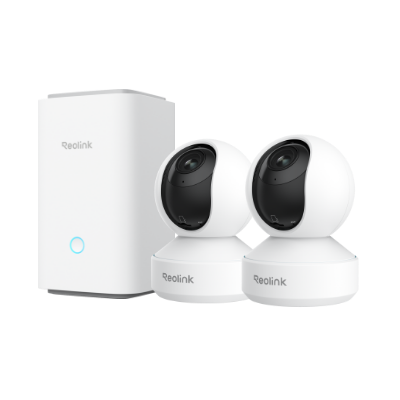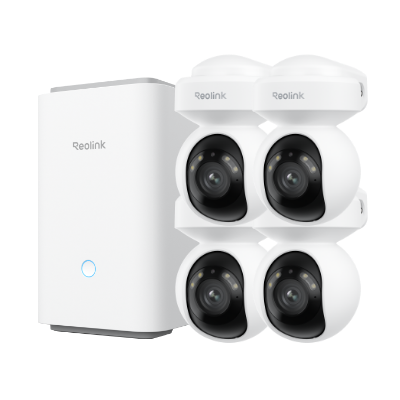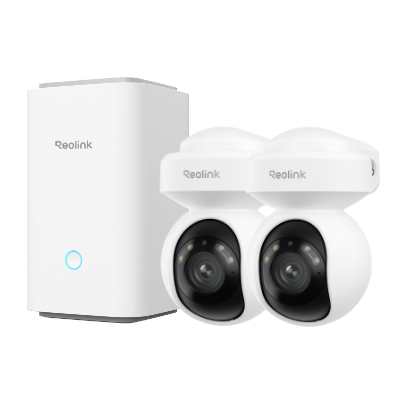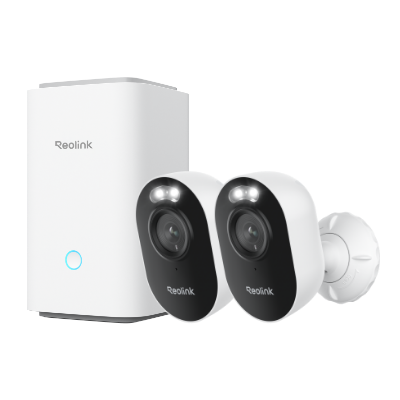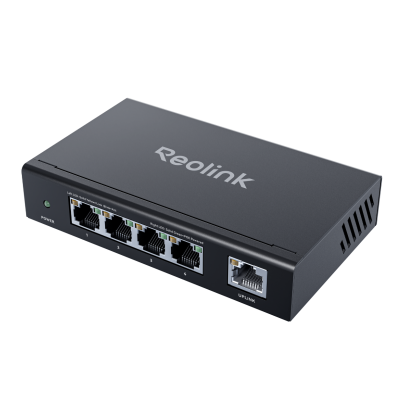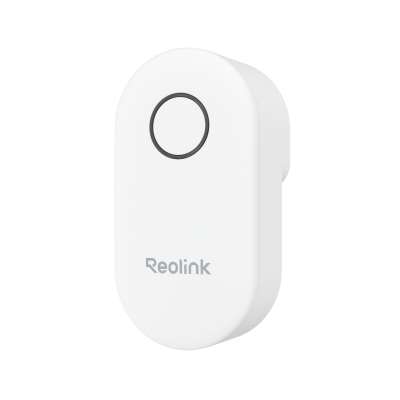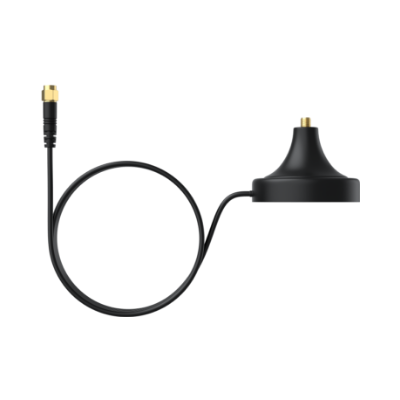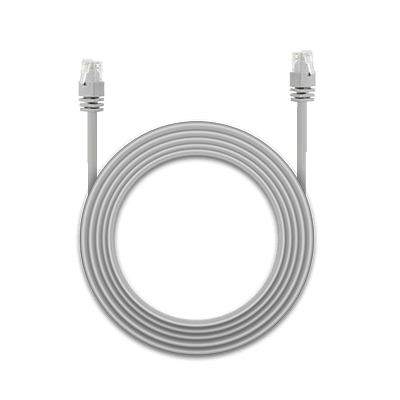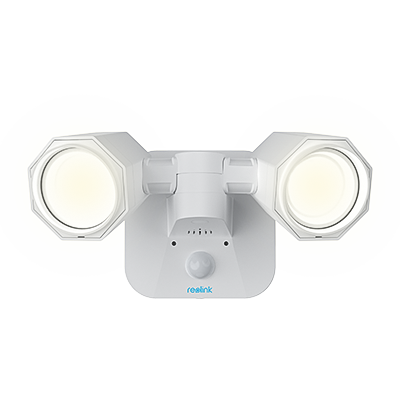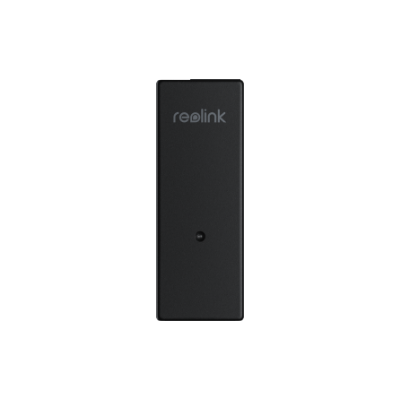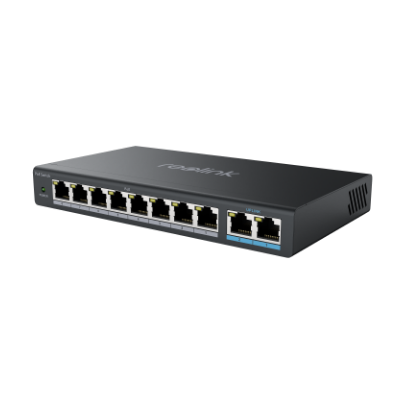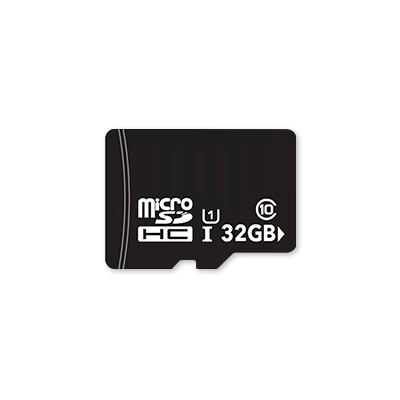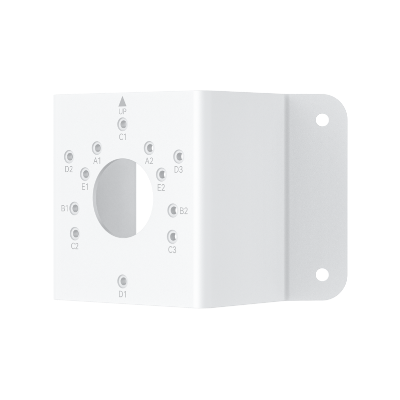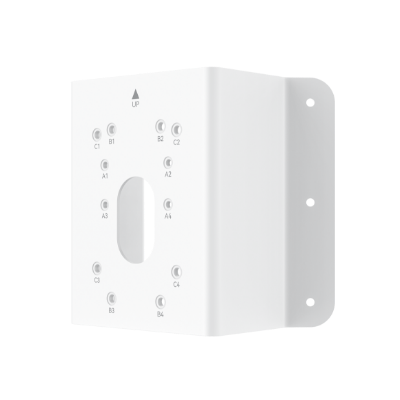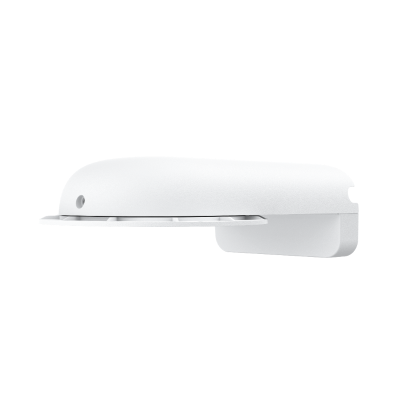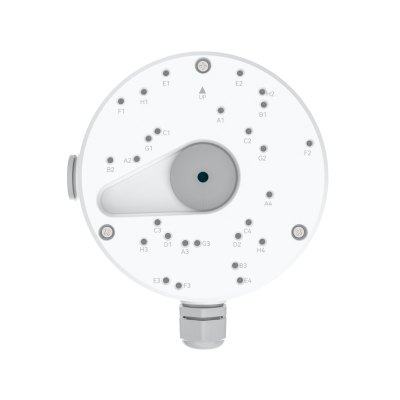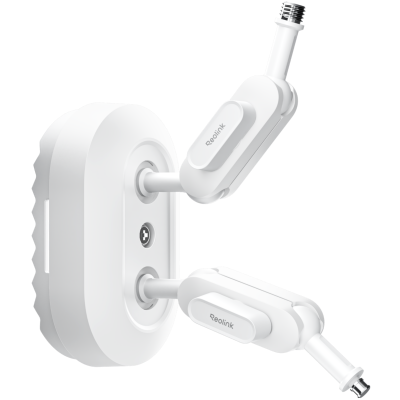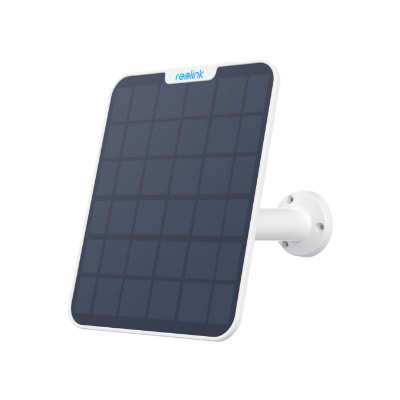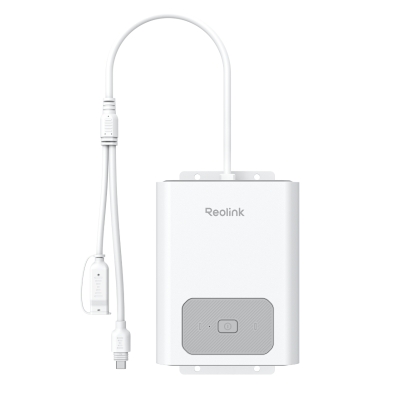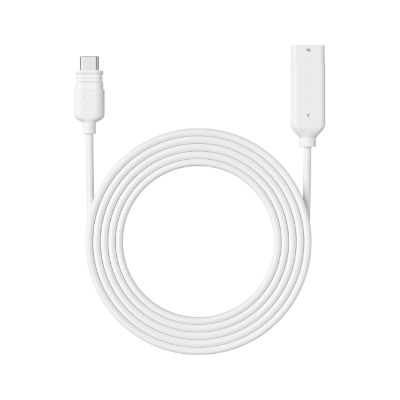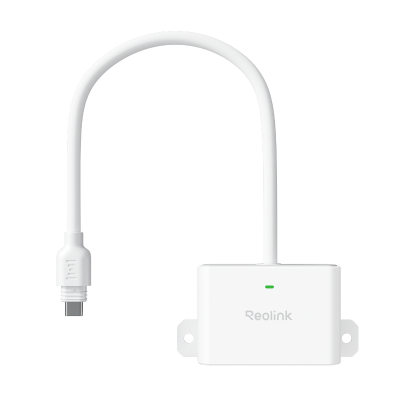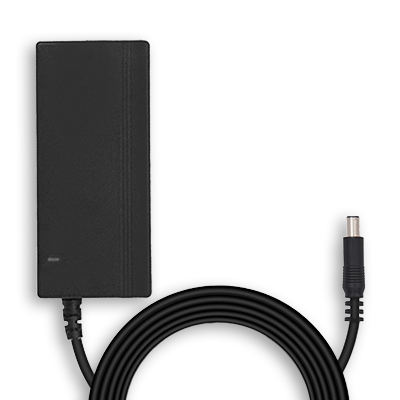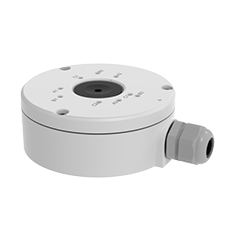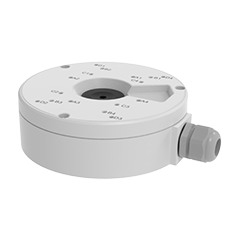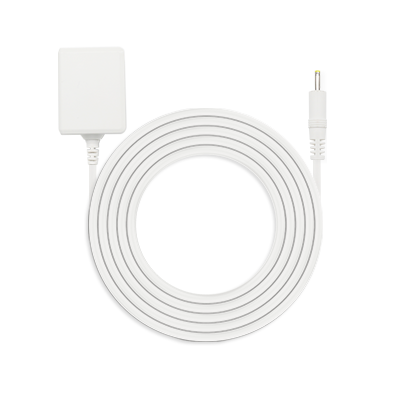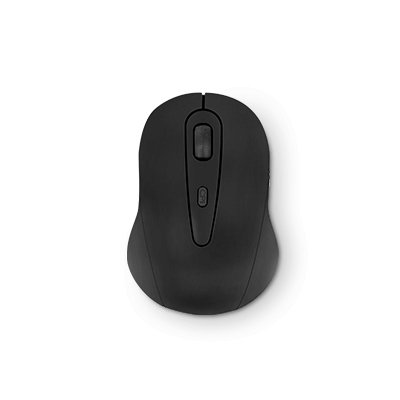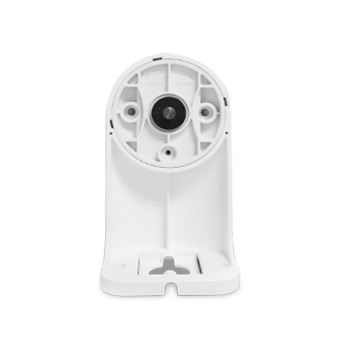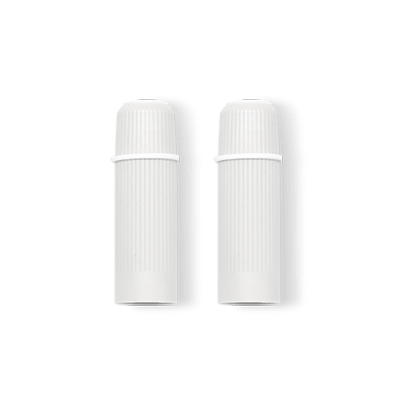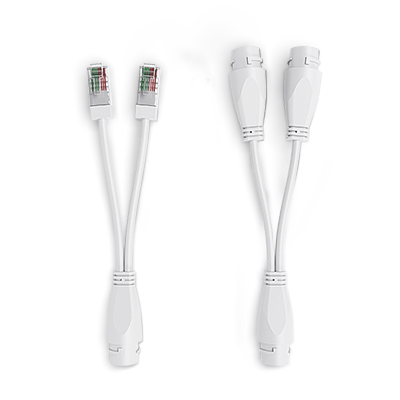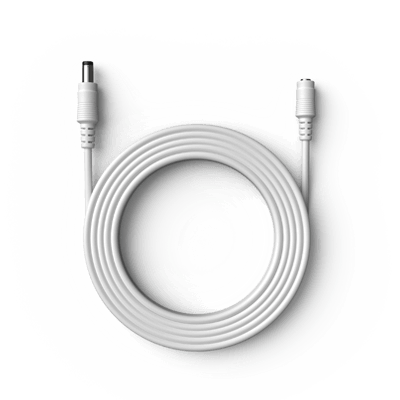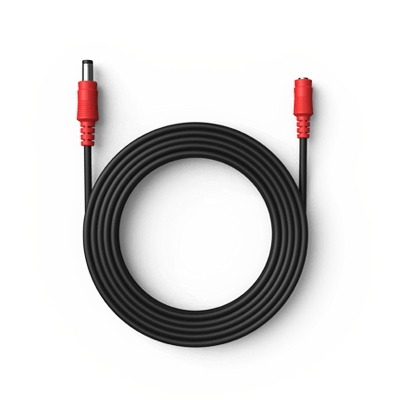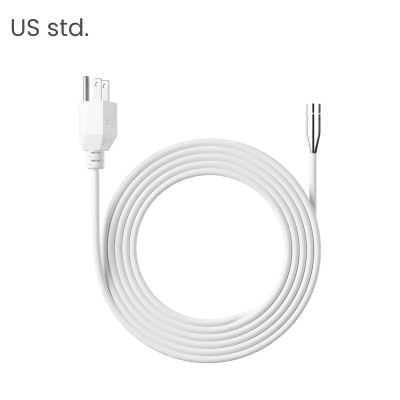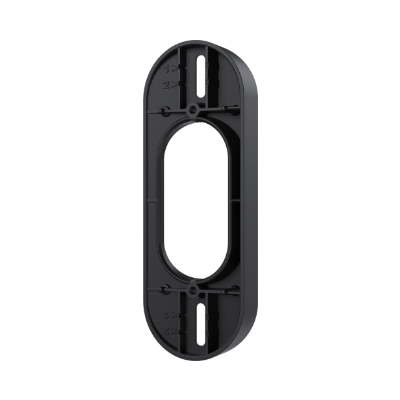SSD vs. HDD: Key Differences and Which One You Should Choose
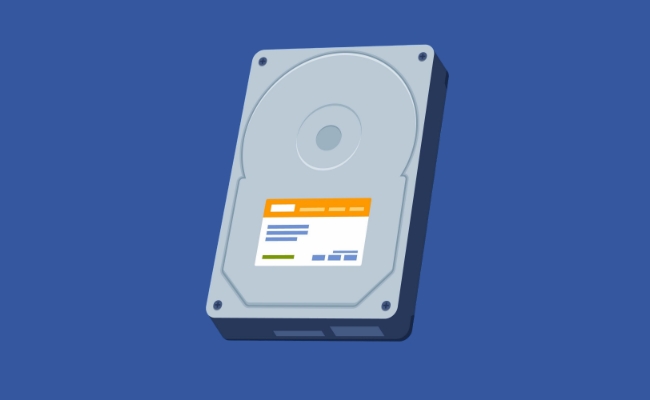
Choosing whether to use SSD or HDD has a dramatic effect on your computer's performance. The two are storage solutions that serve the same purpose of storing data but prices vary with durability and performance. In this guide, you will learn the difference between SSD and HDD, the advantages and disadvantages of each one. You will also know which use case each should be applied to.
SSD vs. HDD: Understanding the Basics
In order to settle the SSD vs hard drive debate, let’s begin with the rudiments of how the SSD and HDD storage devices are working.
What is SSD?
SSD also known as solid-state drive is a tool for storing information with the help of flash memory. SSDs have no moving components and are different from the other kind known as HDDs.
They do this using NAND flash memory chips. It means they can retrieve data quickly and the device is likely to last longer. SSDs are also lightweight, operationally silent, and energy-friendly. Hence, It makes them the best solution to modern laptops and desktops.
What is HDD?
HDD stands for hard disk drive. It is a hard-spinning magnetic platter to store information. The platters are accessible to a read/write arm, which hovers over the surface of the platters to get or write information. That mechanical process is detrimental to HDDs and shortens HDDs' lifespan. The HDDs are cheaper and provide more capacity too. Therefore, it makes them more applicable for main storage.
HDD vs. SSD: What's the Difference?
The most significant difference between HDD and SSD is that HDDs use mechanical parts to read and write data, while SSDs use flash memory. And SSD vs HDD also differ in lifespan, storage capacity, and processing data. Let's take a look at these aspects.
Speed
HDD vs SSD Speed is the most common comparison between the two. SSDs are both faster (read, and write) than HDDs. SSDs boot up a system in seconds and transfer large files faster than HDDs may do the same thing and it can take minutes.
For certain applications such as gaming or video editing where you are looking for fast data access, SSDs offer a speed advantage and for these applications, SSDs are the best usually when compared to SSD vs HDD speed.
Lifespan
Next up is the SSD vs HDD lifespan comparison. HDDs have a mechanical design that improves wear but also opens the door to physical damage. While SSDs are more durable, they lack noise-inducing write cycles owing to their NAND flash technology. But for most users, an SSD's lifetime is longer than the life of the device it's installed in.
Read process
Compared to HDDs, SSDs allow data to be read electronically from NAND cells which is almost instant access. In HDDs, physical movement of the heading occurs to find and retrieve the data, which is slower.
Write process
SSDs can write data faster because they don't use moving parts. However, HDDs suffer from a slow writing process, especially in the case of dealing with fragmented files, due to the opposing mechanical components in HDDs.
Storage capacity
HDDs are used by those who need terabytes of space and provide bigger storage capacity at a lower cost. Despite the advance of SSDs in capacity, they are still more expensive per gigabyte than HDDs.
Data security
SSDs generally have better resistance to physical shock and vibration, so you’re less likely to lose data from the device should it be dropped or vibrated. However, recovering data from a failed SSD is more difficult than an HDD. Whilst prone to mechanical failure, HDDs offer easier recoverable data by using specialized tools.
Comparison Table between HDD and SSD
While there are so many differences between the two, it may become confusing for you to choose the right one. So, we have compared the two in this table with the most important factors selected that will help shape your decision.
SSD and HDD: Pros and Cons
There are pros and cons to each storage type based on your needs.
SSD: pros & cons
Pros:
- Lightning-fast speed
- Durable and shock-resistant
- Lightweight and compact
- Energy-efficient.
Cons:
- Higher cost per gigabyte
- Limited write cycles
- If it fails data recovery is impossible
HDD: pros & cons
Pros:
- Even at high capacities, extremely affordable
- More convenient data recovery in case of failure
- Suitable for bulk storage
Cons:
- Slower read/write speeds
- Prone to physical damage
- Bulkier and noisier
Is SSD Better than HDD? When to Use?
It depends on how you use them. Below are some applications of SSD and HDD that will help you decide whether an SSD is the better option for you or an HDD:
When to use SSD?
Below are some use cases where using an SSD will be the better option.
- Gaming: Loading times are decreased thanks to SSD, making gaming better.
- Creative Work: Perfect for video editing, graphic design, or software development.
- Everyday Use: Laptops & desktops get faster boot times and faster app launches.
When to use HDD?
Some of the best use cases where an HDD will be a better option as compared to an SSD are listed below:
- Mass Storage: The cost of storing large amounts of photos, videos, or backups is relatively low.
- Data Archives: Ideal for long-term data storage where speed of retrieval is not such an issue.
- Budget Builds: Ideal for cost-effective computer installs.
SSD vs HDD for Gaming: Which to Choose?
SSDs are for gaming. They drastically decrease load times, improving the gameplay experience and quickening the loading of in-game assets. Now, HDDs are cheaper, but that comes at a cost. The performance difference is also obvious.
If you are a gamer and want the best experience always, you should choose SSDs for your OS and those frequently played games. If you don’t play a game frequently but you want it on your computer, you can keep it on the HDD.
SSD or HDD for Security Cameras?
Hard disk drives (HDDs) in network video recorders (NVRs) are used for security cameras. Due to their cheap storage and high capacity, affordability prompted security camera manufacturers to adopt them. Although SSDs are gaining popularity for their speed and durability.
If you are looking for surveillance, the Reolink Duo 3 WiFi is a good choice. It includes a 180° field of view, 16MP resolution, smart detection for people, vehicles, and pets, and this security camera comes with two lenses. Compatible with Reolink NVRs that use HDD for perfect local storage. This combination guarantees reliable and high-quality surveillance.
Groundbreaking 16MP Dual-Lens WiFi Camera
16MP UHD, Dual-Lens, Motion Track, 180° Wide Viewing Angle, Plug-In WiFi, Color Night Vision.
FAQs
Which one is better, SSD or HDD?
SSDs are faster, more durable, and more energy efficient than HDDs. HDDs are good with affordability and storage capacity. It is a choice based on your requirements.
What is the biggest drawback to SSD?
One of the biggest drawbacks to SSDs is that they aren’t as affordable as HDDs. It means they cost more if you have large storage needs. SSDs have a limited number of write cycles. They suffer faster from wears out in intensive read and write operations. This is especially the case in with servers that need to keep the data updated constantly. In addition to this, recovering data from failed SSDs is more intricate and more expensive than hard disks.
Is it worth upgrading from HDD to SSD?
Upgrading to an SSD is definitely a smart thing to do if you want faster clocks, quicker booting time, and faster app launches. One of the most efficient ways to improve a computer's responsiveness.
Conclusion
In the SSD vs HDD comparison, it boils down to speed, capacity, cost, and durability. SSDs are the fastest, most performant storage around and are fantastic for gaming, everyday tasks, and creative work but HDDs are still a cheap and effective way to bulk store or backup stuff.
What storage option do you need? What do you have to say, share your thoughts and experiences with us in the comments below!
Search
Subscribe for the Latest Updates
Security insights & offers right into your inbox

